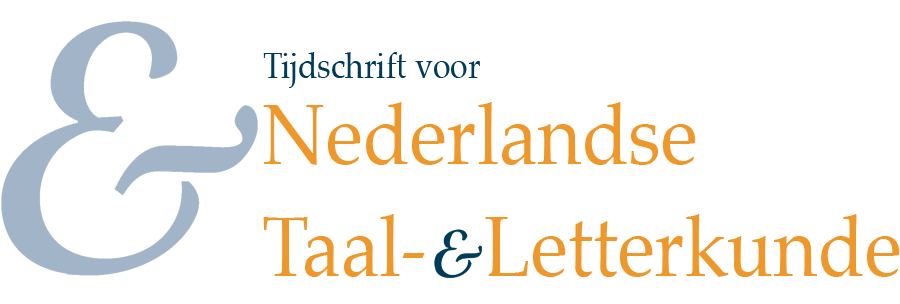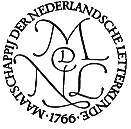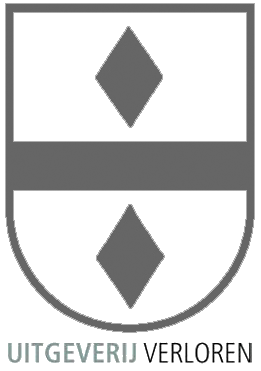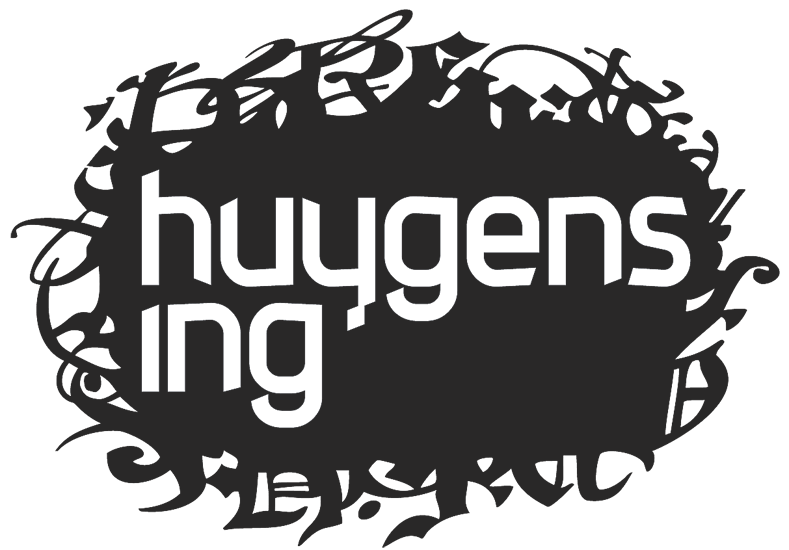De rol van ‘völkisch-nationale’ en nationaalsocialistische literatuur in 'Het stierenoffer' van Louis Ferron
Samenvatting
Abstract – Het stierenoffer (The Sacrificial Bull – 1975) by Louis Ferron confronts the reader with an interesting problem. Nearly twenty mottos, each of which precedes a chapter of the novel, express in a nutshell the ideology which led to the Third Reich and the Holocaust. Their content anticipates the experiences of the protagonist of the novel, the old soldier Karl-Heinz Florian. In the years after the First World War, he witnesses how the mood in Germany becomes increasingly radicalised and extreme political organizations are given more and more attention. The ideas and opinions expressed in the mottos are not commented upon explicitly anywhere, so the question is why Ferron gave so much room to ideas and opinions which are of course seen in a very critical light today. To answer this question, it was firstly necessary to examine the origin of the mottos. They all seem to have come from authors who played a leading role in so-called ‘völkisch-nationalist’ and national socialist circles. Secondly, the precise interaction between the mottos and the text of the novel was analysed. The hypothesis developed as a result states that Ferron undermines the ideology of the mottos, so that we can repeatedly speak of a conspicuous incongruence between the content of the mottos and the unfolding of the plot of the novel.
Terugverwijzingen
- Er zijn momenteel geen terugverwijzingen.



